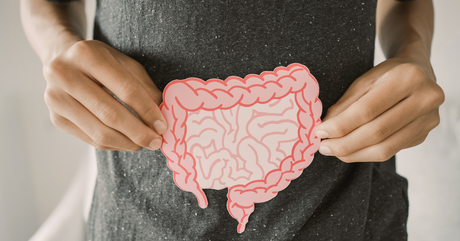As health-conscious individuals, we often hear the term "calories" thrown around in conversations about diet and weight management. But have you ever stopped to question the accuracy of the information you've absorbed? Today, let's debunk the common misconceptions surrounding calories and delve deeper into understanding their role in our overall nutrition. Let's unravel the truth!
What are Calories?
Calories are units of energy that our bodies derive from the foods we consume. Almost every morsel we eat or drink contains calories, which are utilized to power various bodily functions such as breathing, digestion, and physical activity. Calories act as the fuel that keeps our body's engine running smoothly.
Misconception 1: All Calories Are Created Equal
This one is tricky, because a “calorie” is just a unit of measurement, like an inch or a gallon. So “calories” are all equal but the sources of those calories can have different effects in your body. For instance, consuming 100 calories from sugary sodas is vastly different from getting 100 calories from nutrient-dense fruits or vegetables. The latter provides essential vitamins, minerals, and fiber along with the energy source, while the former adds empty calories devoid of any nutritional benefits.
Misconception 2: Cutting Calories is the Ultimate Solution for Weight Loss
While weight management typically involves a reduction in caloric intake, it's essential not to adopt an overly simplistic view. To lose weight we must burn off more calories than we eat every day. The problem with a super lower calorie diet is that because we are eating less calories, aka energy, we have less energy so we tend to move a lot less throughout the day. The key to weight loss is eating less AND moving more. Keep in mind, you can’t starve yourself into a healthy a body. You still need to eat to get the nutrients and protein that you body needs to thrive and survive.
Misconception 3: Calorie Counting is the Holy Grail of Healthy Living
The rise of calorie counting apps and food diary tracking has led many individuals to believe that meticulous monitoring of every bite will automatically translate into good health. However, it's important to remember that nutrition extends beyond a mere numbers game. While it can be beneficial to have a general awareness of your calorie intake, it's equally important to focus on consuming a wide array of whole foods, rich in protein, essential nutrients, and vitamins.
Misconception 4: Calories Are the Sole Determinant of Body Composition
Another prevailing myth surrounding calories is that they are solely responsible for determining body composition. While calorie intake plays a role in weight, factors such as macronutrient intake, exercise, genetics, metabolism, hormonal balance, and overall lifestyle habits significantly impact our body composition. By solely fixating on calories, we risk overlooking the broader picture of achieving a healthy and balanced physique.
Embrace an Informed Approach to Nutrition
As we conclude our exploration of the misconception surrounding calories, it's crucial to remember that nutrition is a multidimensional concept that goes beyond calories alone. Truly nourishing our bodies requires us to focus on the quality of the foods we eat, as well as our overall lifestyle habits.
So let's shift our perspective and approach nutrition holistically, embracing a balanced diet that includes whole, nutrient-dense foods. By doing so, we can dispel the myths and misconceptions surrounding calories, opening doors to a happier and healthier life.
Remember, calories are an essential part of our nutritional story, but they are not the entire chapter. Let's take control of our health and empower ourselves through informed choices.










